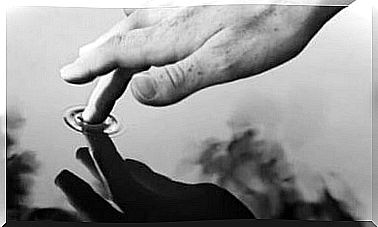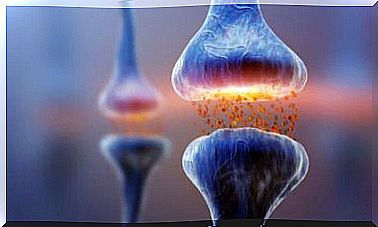Anxiety Upon Waking: What To Do?

Anxiety can be a stubborn adversary that gives no respite; it often catches at the least opportune moment, but in some cases it is already present since the early hours of the morning. Those obsessive and circular thoughts, that sense of expectation or physiological activation become the first shadow to be dispelled. Waking up anxiety can affect the rest of the day, manifesting itself as an irrational fear of obstacles or challenges that we may encounter along the way.
It represents a real limitation for those who cannot manage it effectively. The following tips, while seemingly simple, can turn those days that are expected to be harrowing.
Anxiety upon waking? Get out of bed!
Open your eyes and feel anxiety. A feeling of restlessness that translates into physiological activation, the desire to cry, doubts about one’s self-efficacy, apprehensive anticipation and, therefore, no desire to get out of bed.
It can be an appointment with an unknown person, a party with friends, having to go shopping or any errands. Whatever our plans for the day are, anxiety certainly discourages us, invites us to escape.
First, therefore, it is important to cut the catastrophic thoughts that predispose us to disaster even before starting. It is no coincidence that such thoughts creep into our inner dialogue when we are in bed. With some techniques, however, such as throwing away “junk thoughts”, we can stop obsessive thoughts in the bud, both in the morning and in the evening.
Circular thoughts are intensified in situations where there is nothing else to do but think (for example, staying in bed). Upon awakening, lingering, staying another ten minutes more under the covers means, for those already suffering from anxiety, opening the door and rolling out a red carpet for this emotion. If you begin to pick up on the first signs of increasing anxiety, be firm: get out of bed.
Schedule change? No thanks
The avoidance strategy only leads to intensifying the malaise. It is not necessarily concrete stimuli – the dentist’s appointment or the sight of a snake – to activate it. Anxiety can tell us, for example, not to go out when we need to run an errand; catastrophic thoughts combined with a low life energy state convince us that we will not be able to overcome the challenges that come with this commitment.
Following the anxiety-avoidance-anxiety dynamic, we can choose to change programs, but this will reduce the anxiety state only temporarily, certainly not in the long term. It will also encourage the onset of anxiety when we find ourselves in the same situation. This is because we have not “debunked” the catastrophic thoughts regarding this activity, not having exposed ourselves to the situation. Finally, the thought of failing to complete one or all of the day’s goals will further worsen our mood.
Renouncing to carry out our activities due to anxiety makes the situation, already difficult, even more difficult and complicated. And with the result that activities or commitments will eventually pile up.
A good attitude to calm anxiety upon awakening is to expose ourselves to what scares us, in spite of our catastrophism. Generally, the obstacles we have imagined are actually less or we are stronger than we thought.
Coffee and anxiety simulators
Although many of us are in the habit of having breakfast with coffee and biscuits, caffeine is a stimulant that can increase the heart rate, a state of physiological arousal that can also be confused with anxiety.
Coffee is certainly excellent for getting started, but it can work against us if we are already “activated”. Encouraging tachycardia can have a cascading effect on our body: shortness of breath, sweating and, in general, those symptoms related to anxiety that are so frightening. If you feel anxious when you wake up, avoid this drink. Susan Bowling, a psychologist at the Cleveland Women’s Health Center argues about the relationship between coffee and anxiety:

Vanity against anxiety upon awakening
The last of the tips to avoid that anxiety when waking up is equivalent to losing the day is to devote yourself to the care of your own person. The small gestures of attention and hygiene are activities with a soothing effect on the mood.
When we wake up with anxiety, it is important to resort to active and conscious strategies. Anxiety is a mix of catastrophic, irrational and negative thoughts. They tell us that we are worthless, that we are nothing and that we are unable to achieve our goals.
Taking off our pajamas and putting on a suit in which we feel comfortable, attractive and powerful is a perfect shield against toxic thoughts. These are simple gestures, but with a potentially major impact on our feelings of self-efficacy and our hard-tested self-esteem. Finally, it’s important to remember that you can’t always fight alone.
Getting up every day with anxious thoughts can be a symptom of a disorder that is difficult to control without help. If you feel that anxiety is negatively affecting your social, family, romantic or work life, it is worth considering psychological help.









